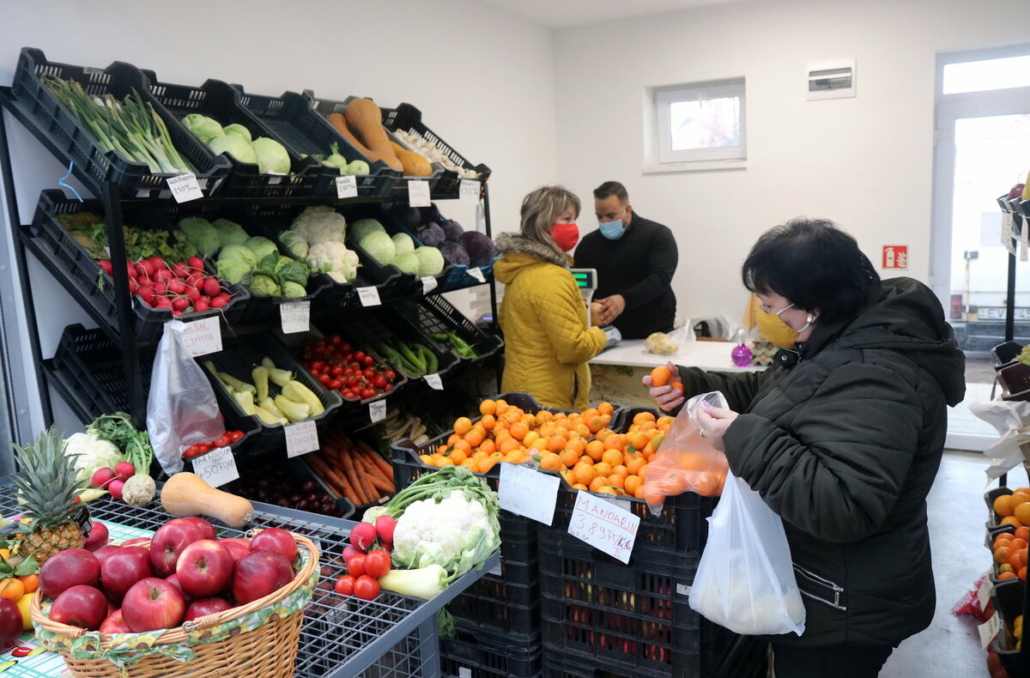
Aldi and Lidl have very different prices abroad than in Hungary. But where is it more expensive to shop?
In Austria or the United Kingdom, there are products with a cheaper price than in Hungary. Despite this, however, the overall cost of shopping was higher abroad, writes new site, G7. However, the situation is more complicated. Prices do not seem so budget-friendly after a short analysis of the situation. The portal made some calculations regarding prices in Hungary and abroad. The conclusion was quite interesting.
In Germany, out of 29 products, 7 were cheaper in Aldi and 12 in Lidl. In the United Kingdom, 14 products were cheaper out of 31. The most attractive prices were found in Germany. There, 17 products were cheaper out of 33. Only meat and milk were more expensive. Vegetarian products in Germany are cheaper than in Hungary.
Despite this, Aldi in Germany is actually 32% more expensive than in Hungary, while Lidl is 35% more expensive. Based on the median pay, the numbers get a different meaning. Shopping in Germany takes 2.28% of people's wages, while in Hungary, the number is 6.28%.
This means that it has no importance whether products are cheaper in Germany and the overall cost is still higher there. Looking at the median wage and shopping cost ratio, Hungarians leave more money at the stores. News site, Portfolio, also looked into how much people spend.
In the European Union, people spent over 1,000 billion euros on food and non-alcoholic beverages in 2020. This made up 7.5% of the European Union's GDP.
The average spending on groceries in the EU is 14.8%. Romanian households spent 26.4% of their expenses on groceries. The number is 19.4% in Slovakia, 17.1% in the Czech Republic, and 18.7% in Hungary.
People may have the impression that in countries where the cost of living is higher, prices match this standard. However, some expensive countries actually spend less of their wages on groceries.
Belgians spend 14.4%, Norwegians 13.3%, Swedes 13.2%, the Dutch 12.9%, Danes 12.3%, Germans 12%, and Austrians 11.3% on buying food and non-alcoholic beverages.
No comments:
Post a Comment
Please add to the adventure!